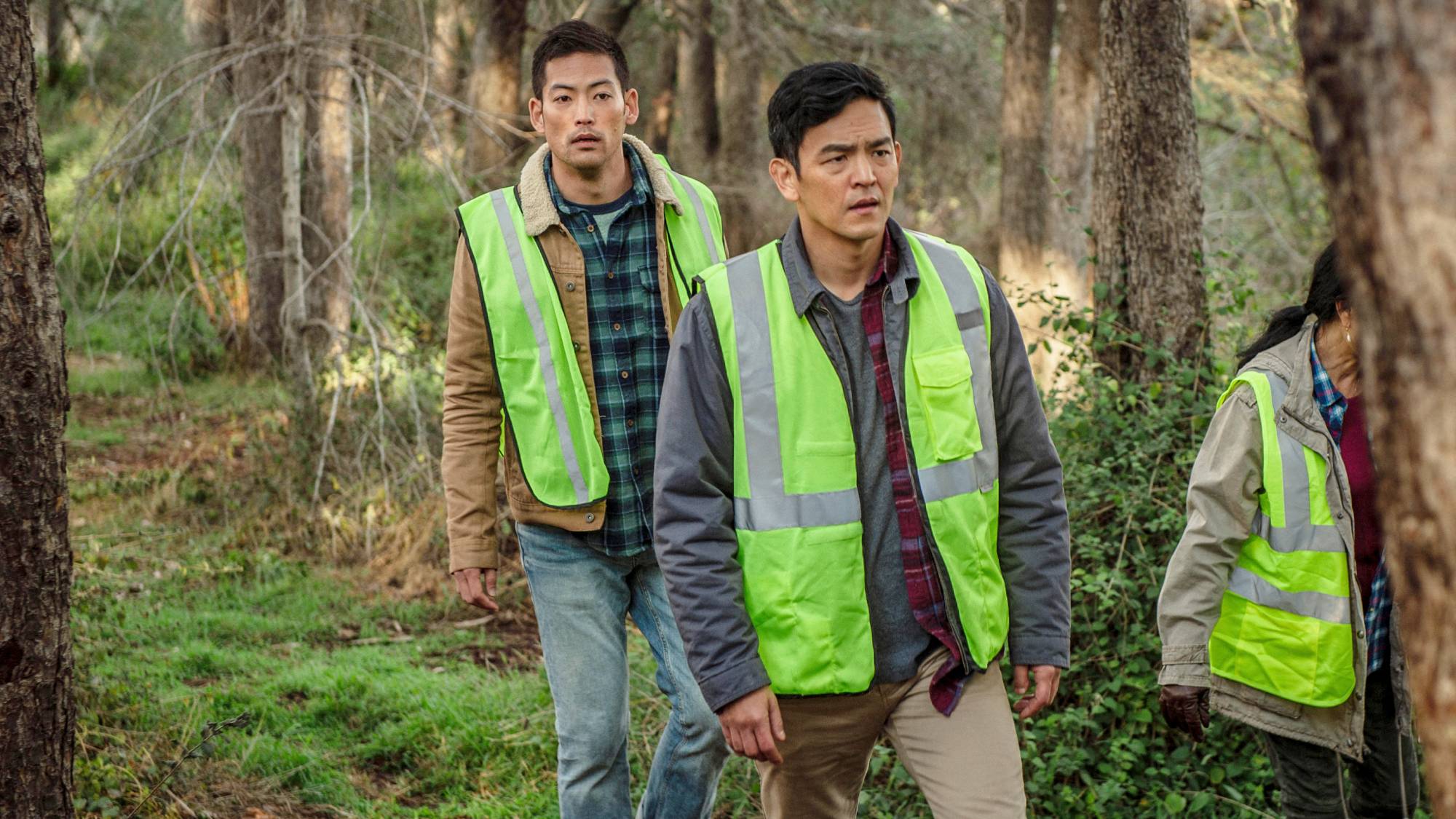How to sleep during the 4th of July fireworks — expert shares top tips for adults, children and pets
The 5-4-3-2-1 method can help you sleep through tonight's festivities
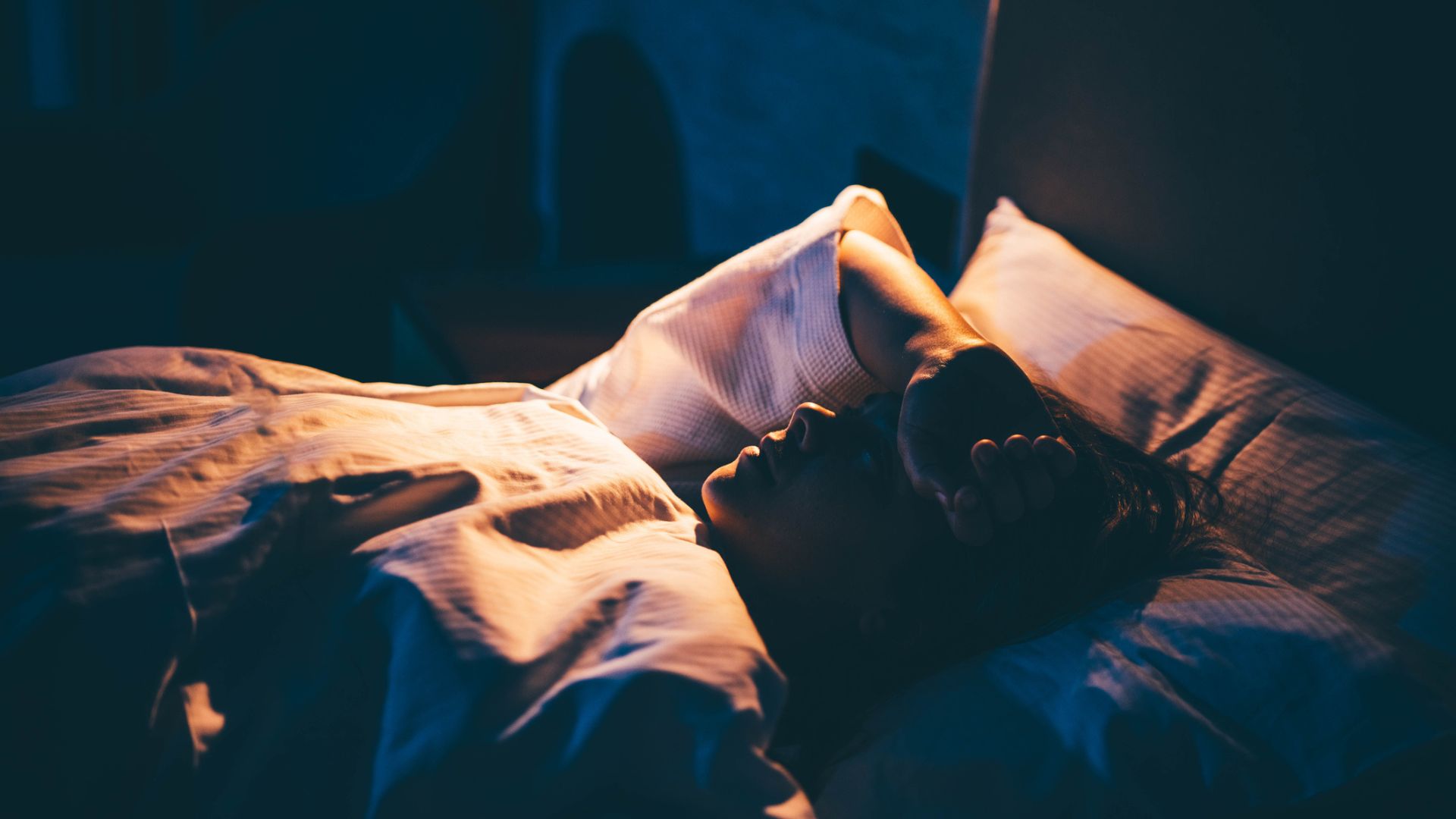
Here at Tom’s Guide our expert editors are committed to bringing you the best news, reviews and guides to help you stay informed and ahead of the curve!
You are now subscribed
Your newsletter sign-up was successful
Want to add more newsletters?

Daily (Mon-Sun)
Tom's Guide Daily
Sign up to get the latest updates on all of your favorite content! From cutting-edge tech news and the hottest streaming buzz to unbeatable deals on the best products and in-depth reviews, we’ve got you covered.

Weekly on Thursday
Tom's AI Guide
Be AI savvy with your weekly newsletter summing up all the biggest AI news you need to know. Plus, analysis from our AI editor and tips on how to use the latest AI tools!

Weekly on Friday
Tom's iGuide
Unlock the vast world of Apple news straight to your inbox. With coverage on everything from exciting product launches to essential software updates, this is your go-to source for the latest updates on all the best Apple content.

Weekly on Monday
Tom's Streaming Guide
Our weekly newsletter is expertly crafted to immerse you in the world of streaming. Stay updated on the latest releases and our top recommendations across your favorite streaming platforms.
Join the club
Get full access to premium articles, exclusive features and a growing list of member rewards.
A firework display might be fun if you're out watching one, but they're not conducive to good sleep, with unpredictable loud noises and bright lights likely to put a stop to your rest.
Fireworks can also be distressing for some, particularly children and pets, and this anxiety can also prevent sleep.
With the 4th of July likely to bring a riot of fireworks, we asked Dr. Leah Kaylor, a psychologist and sleep expert, if it's even possible to get a good night's sleep during a fireworks display.
"With the right strategies, you can minimize the disruption and support a more peaceful night for yourself, your kids, and your pets," she says "even on the noisiest nights!" Here are her expert approved tips for sleeping during fireworks.
1. Mask the noise
You can never quite predict when the next bang-crackle of a firework can come which means if you’re just on the cusp of sleep, you might be suddenly shocked back awake.
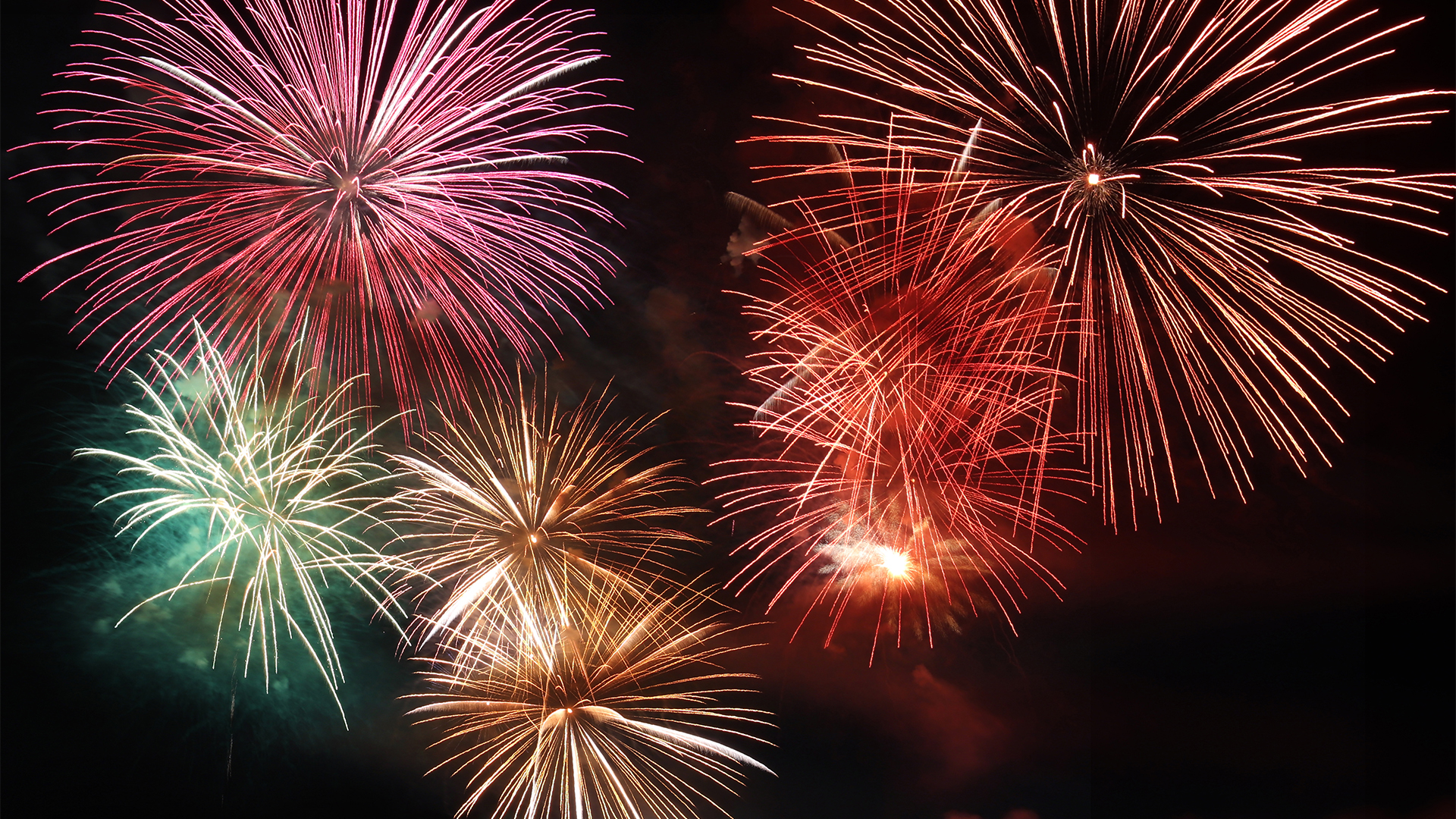
“To reduce the disruptive sounds, try using earplugs or a white noise machine,” Dr. Kaylor suggests. "Wearing earplugs or noise-canceling headphones may reduce the physical impact of loud booms."
“Even a fan or an app that plays rain or ocean sounds can help mask the noise,” she advises. And this can mask all the other disruptive noises associated with the 4th of July… like your neighbor's never ending barbecue.
Get instant access to breaking news, the hottest reviews, great deals and helpful tips.
2. Create a dark sleeping environment
The sporadic surprise of bright flashing fireworks can make sleep difficult to come by, even if it’s not as immediately disruptive as loud noise can be.
Light plays a key role in regulating circadian rhythms and with fireworks lighting up the room your body might not know what time of day it is.
“It’s helpful to use blackout curtains or a sleep mask to block out the bright flashes,” advises Dr. Kaylor.
Blackout curtains and eye masks can also help you drift off if you’ve opted for an early night — even if the sky outside isn’t aware you’re ready for bed.
3. Create a feeling of calm
For many, fireworks are more than just a disruption: they can be a source of anxiety, stress and discomfort.
“Practicing calming techniques such as deep breathing or progressive muscle relaxation help ease your nervous system and prepare your body for rest,” says Dr. Kaylor.
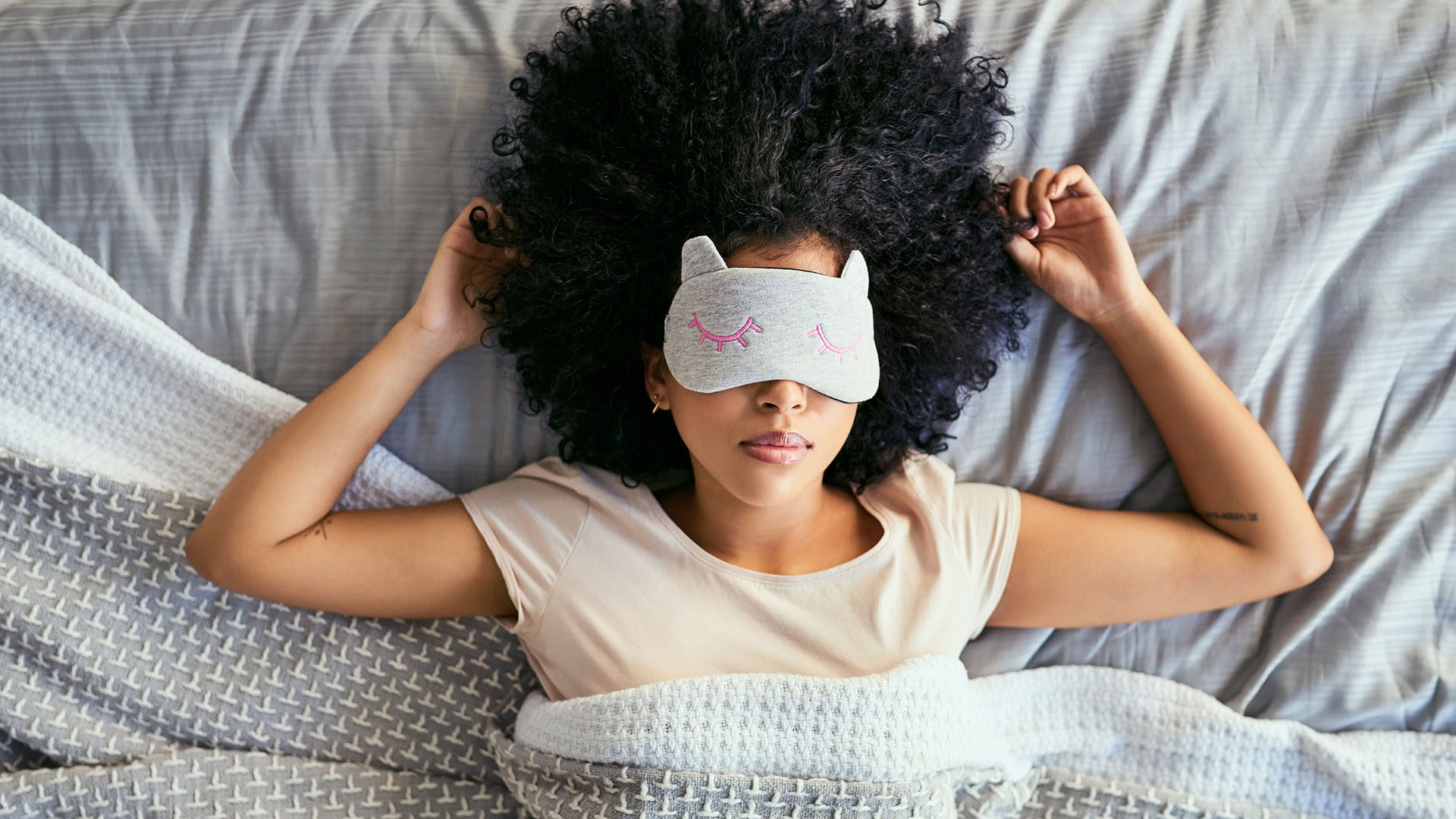
Deep breathing techniques such as moon breathing and the Resonance Frequency Breathing method can help calm both the body and the mind. As can the 5-4-3-2-1 method, which we’ll cover in more detail below.
"Journaling or meditating before bed can also help your mind settle, especially if the sounds bring up stress or difficult memories," recommends Dr. Kaylor.
She also suggests “reframing” the situation by “reminding yourself that the fireworks are temporary and that your body can recover from a night of disturbed sleep.”
How to help kids sleep during fireworks
Young children in particular can find firework shows stressful and disruptive, especially as their earlier bed times mean they’re more likely to be trying to drift off when the shows are just getting started.
Dr. Kaylor recommends you avoid deviating from routine too much during the holiday period. “Establishing a calm bedtime routine before the fireworks start can help — think warm bath, bedtime stories, and cuddling.”

“Use white noise machines or calming music in their room to help drown out external sounds,” says Dr. Kaylor.
She also recommends reassuring young children that they’re safe and reframing fireworks as something fun or even magical; “like ‘sky celebrations.’”
“Comfort items like stuffed animals or nightlights can also make a big difference in helping them feel secure,” she suggests.
How to help pets sleep during fireworks
It’s estimated that around 45% of dogs show signs of fear around fireworks which can make the holiday season a worrying time for pet owners.
“Pets are especially sensitive to fireworks,” says Dr. Kaylor and advises preparing in advance to help your furry friend through the disruption.
“When my dog is scared she heads straight for the closet," she notes, "so I try to make it comfortable for her with a dog bed, blanket and her favorite toy.”
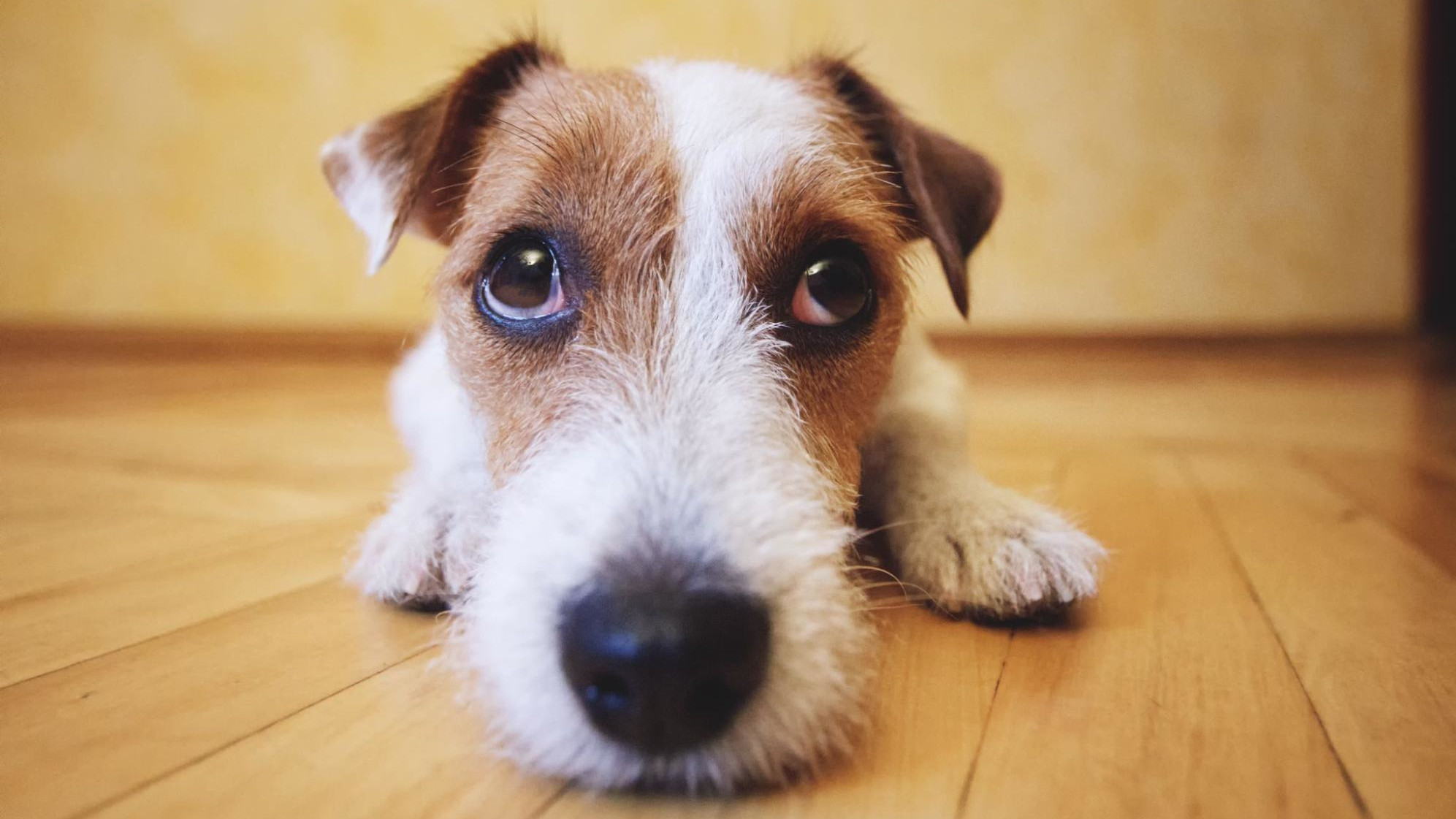
“Create a safe, quiet space where your pet can retreat — ideally a darkened room with familiar blankets and toys,” Dr. Kaylor advises.
“Consider using pet-calming sprays, an anxiety wrap, or even vet-approved CBD products. Playing soft music or white noise can also help," she adds.
And if your pet starts worrying, stay calm: “Pets pick up on your anxiety,” says Dr. Kaylor. “Offer quiet reassurance without fussing too much, as this can reinforce their fear.”
Using the 5-4-3-2-1 method to ease anxiety during fireworks
The 5-4-3-2-1 method is a simple grounding technique that can help ease anxiety. Dr. Kaylor describes the method as “anchoring yourself in the present moment.”
Using this method you count down from five, engaging different senses along the way.
“To make it more powerful, take a slow, deep breath between each step, and be sure to only choose things that feel neutral or comforting — nothing distressing,” says Dr. Kaylor.
- 5 things you can see: Notice five objects in your immediate area that convey neutral emotions.
- 4 things you can feel: These aren’t feelings but physical sensations; “my feet on the floor, my shirt on my shoulders, the cool air on my skin, and the chair beneath me,” suggests Dr. Kaylor.
- 3 things you can hear: During a firework display this might be tricky but focus on other sounds, such as the hum of the fridge or even your breathing.
- 2 things you can smell: Take a deep breath and identify two smells.
- 1 thing you can taste: Finally, focus on what you can taste.

Ruth is an experienced Senior Staff writer at Tom’s Guide, covering all things sleep and mattresses. She writes to help people sleep better, from how-tos to the latest deals to mattress reviews, and has interviewed an array of experts who share her passion. She is also our specialist on memory foam — she’s flown around the world to see memory foam being made — and leads our hotel mattress content. She has a deep interest in the link between sleep and health, and has tried enough mattresses, from Helix to Nectar to Simba, to know the right bed really can make a difference to your wellbeing. Before joining the team at Tom’s Guide, Ruth worked as a sleep and mattress writer for our sister website, TechRadar.
You must confirm your public display name before commenting
Please logout and then login again, you will then be prompted to enter your display name.
 Club Benefits
Club Benefits





